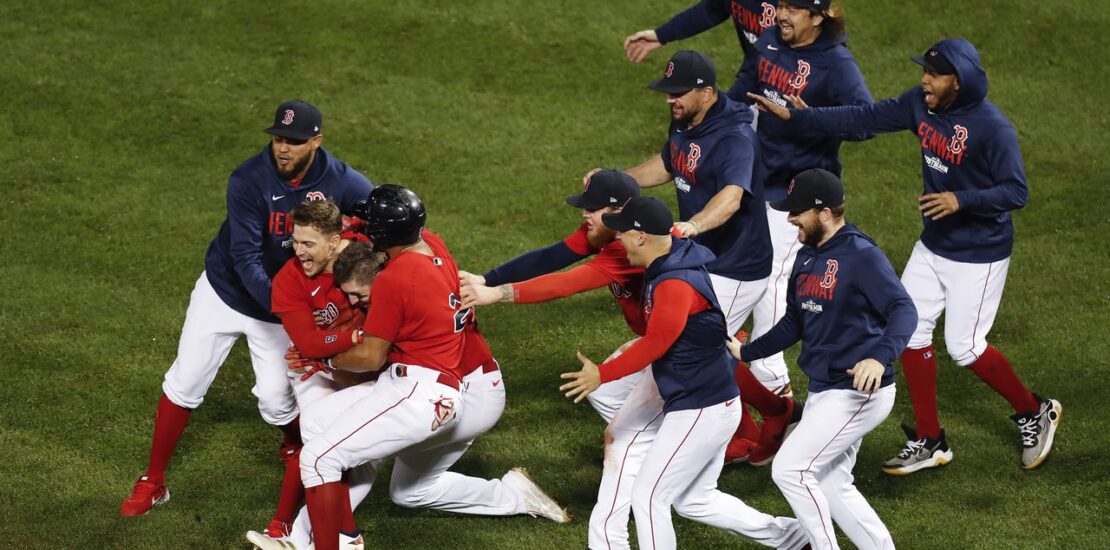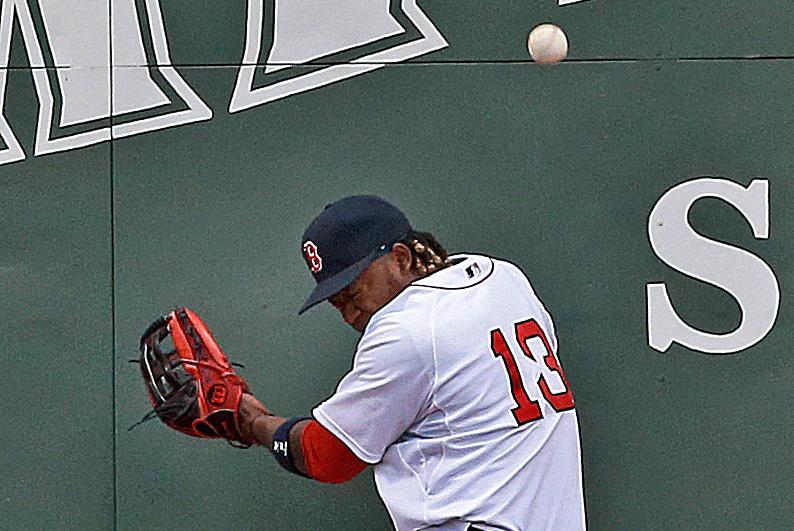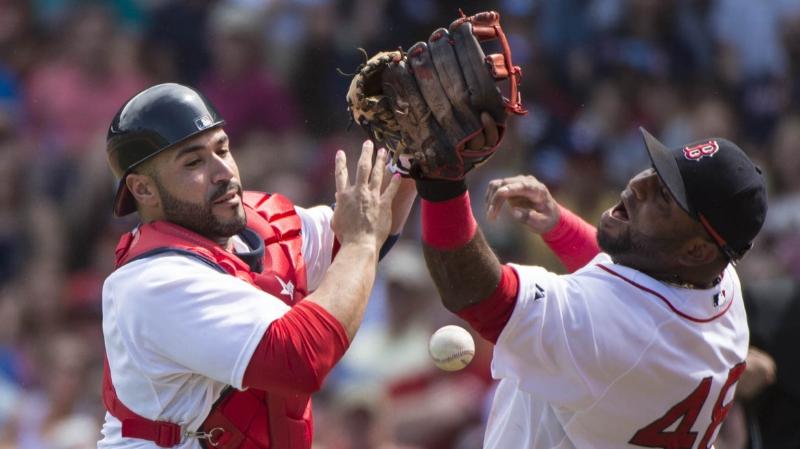Boston Red Sox
-
Most Salespeople are Underdogs Like the Boston Red Sox
- October 13, 2021
- Posted by: Dave Kurlan
- Category: Understanding the Sales Force

If your company is not the brand leader, market leader, or price leader; if you have a complex sale, a story to tell, a new technology, a new brand, a new product, a much higher price or a much tougher sale, then you are an underdog too.
-
Why Some Great Salespeople Produce and Others Don’t
- June 18, 2015
- Posted by: Dave Kurlan
- Category: Understanding the Sales Force

I was talking with someone who wanted his farmers – salespeople who are assigned to a single enterprise account – to hunt. His idea is to take existing salespeople and have them bring on new accounts instead of hiring additional salespeople to do that. There are certainly pros and cons to that, but do you think it will work? What would it take? What are the chances? If it works, can it be replicated? Let’s take an inside look at the factors, chances and reasons, shall we?
-
How to Finally Get Sales Selection Right
- June 16, 2015
- Posted by: Dave Kurlan
- Category: Understanding the Sales Force

Before I share some crucial sales selection tips, I need to begin with some baseball. My apologies to all of my cricket and soccer obsessed readers.
My team, the Boston Red Sox, just lost their seventh consecutive game. They are in last place and heading for their third last place finish in the past four years. The outlier year was 2013, when they won the World Series. I think there was far less talent on that championship team than on this year’s edition, but the 2013 team had a rallying cry (Boston Strong) and everyone overachieved. You can’t count on everyone overachieving each year, so in lieu of that, as Jim Collins would say, you must have the right people in the right seats.
-
Keys to Successful Sales Negotiations
- August 1, 2012
- Posted by: Dave Kurlan
- Category: Understanding the Sales Force
In the United States, Major League Baseball’s trading deadline passed today with some noteworthy moves by teams other than my Boston Red Sox. Aside from my disappointment that the Red Sox failed to make an impact trade to help the team, I recognized something else…
-
When it Comes to Compensation Sales is Not Like Baseball
- December 9, 2010
- Posted by: Dave Kurlan
- Category: Understanding the Sales Force
The other day a client asked whether salespeople can make the jump from earning $85K to a position that could pay them $150K.

